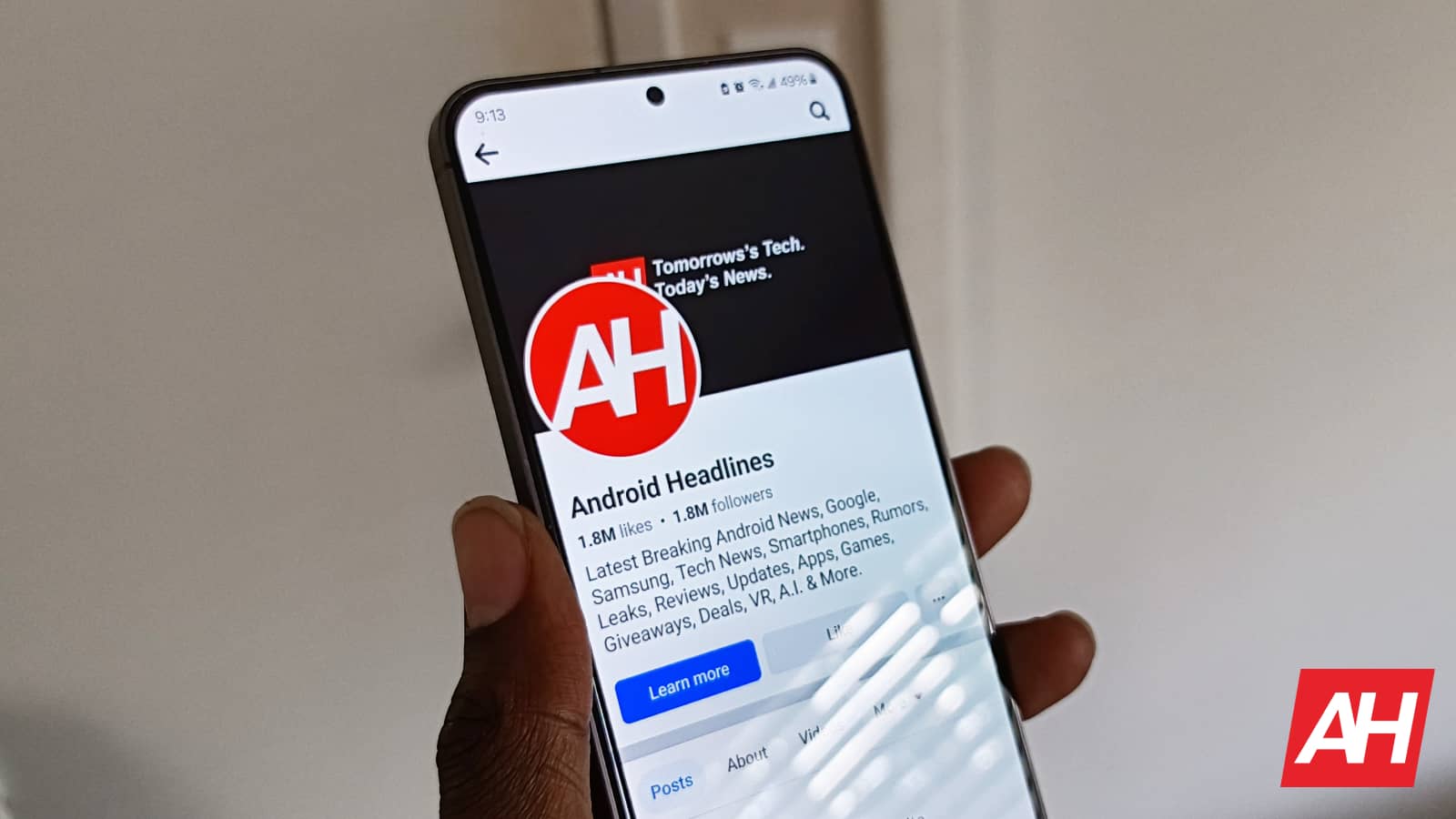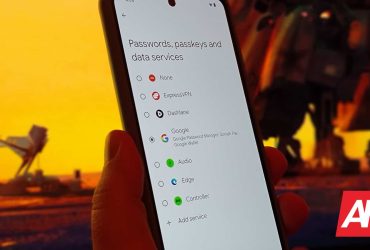X, Facebook, Instagram Pledge To Tackle Hate Speech

The problem with the social media age is that it has given a lot of people anonymity. This anonymity has allowed people to post things online that they would have never dared to say to another person in real life. Hate speech is a huge problem, and companies like X, Facebook, and Instagram have pledged to the EU to do more to tackle it.
Pledging support
At the moment, the terms and conditions of all social media platforms forbid users from posting content deemed to be hateful. However, this hasn’t stopped users from doing so. It’s not difficult to create a new account when a previous one has been banned or suspended.
According to EU tech commissioner Henna Virkkunen, “In Europe there is no place for illegal hate, either offline or online. I welcome the stakeholders’ commitment to a strengthened Code of conduct under the Digital Services Act (DSA).”
To that end, companies like Facebook, Google, YouTube, and X have all signed pledges to do more about it. This pledge is called the “Code of Conduct on Countering Illegal Hate Speech Online Plus, ” an update to a 2016 code. Companies that sign the pledge agree to allow non-profit organizations or entities to monitor how they review hate speech notices.
It will also allow them to assess at least two-thirds of these notices received within 24 hours. Companies will also have to implement the use of automatic detection tools, provide data on the organic algorithmic reach of illegal content, and classify country-level data.
Will it be enough?
Despite this, we can’t shake the feeling that the pledge serves as mere lip service. It remains to be seen whether it will actually impact the level of hate speech. At the end of the day, it’s up to these companies to tackle the problem and whether or not they want to invest more time and resources into it.
A lot of companies also want to strike a balance between being a safe platform without being too strict. If too many users leave its platform because they are too strict, they lose money. It’s really as simple as that.
That being said, these companies could learn a thing or two from countries like South Korea and China. These countries share one thing in common: they require users to use their real names when registering for online services. A government-linked ID usually accompanies this.
This means that it’s harder for these users to hide behind a fake name. It also makes it easy to trace comments or activities back to them.
What’s your reaction?
Love0
Sad0
Happy0
Sleepy0
Angry0
Dead0
Wink0










Leave a Reply
View Comments